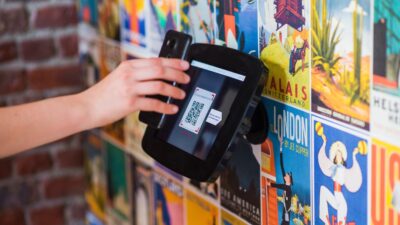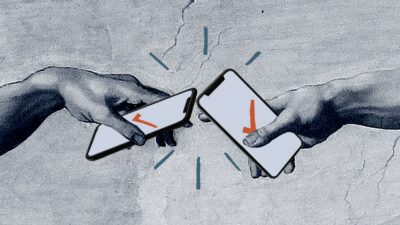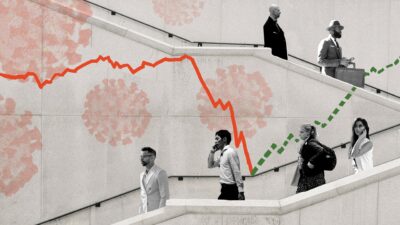
Health surveillance can be a positive-sum game
We must design the health surveillance and AI tools needed to control COVID-19 and future pandemics so they don’t psychologically backfire or hinder our opportunities to thrive in the future.
The Australian Government, the UK National Health Service, Apple in collaboration with Google are all developing technology solutions for COVID-19 contact tracing following others like China, South Korea, Israel and Singapore.
A key challenge for designers and engineers building health surveillance is to align it with the values of those surveilled, but also to communicate these values and reasons underlying a surveillance technology to foster autonomous endorsement. Psychology can provide evidence-based guidance on designing autonomy-supportive interventions. Another useful starting point are frameworks for responsible innovation or ethical AI that that broadly align with the biomedical ethics principles, particularly of supporting human autonomy.
Ethical concerns around health surveillance will only multiply. They are often cast as a distrusting zero-sum game between public good and private freedoms, where more of one must mean less of the other. The psychology of autonomy suggests a productive alternative: where surveiller and surveilled endorse wellbeing as the jointly valued end, health surveillance can be a positive-sum game – effective and chosen freely.
Want to know more about contact tracing?
Rafael’s article on health surveillance in The BMJ
Our discussion on how COVID-19 could re-define the way we collect and share personal data
This is part of a series of insights related to Coronavirus (COVID-19) and its impact on business.
Rafael Calvo, PhD is a Professor at Imperial College London and at the University of Sydney, and specialises human-computer interaction.
Share
We believe in open and honest access to knowledge. We use a Creative Commons Attribution NoDerivatives licence for our articles and podcasts, so you can republish them for free, online or in print.






